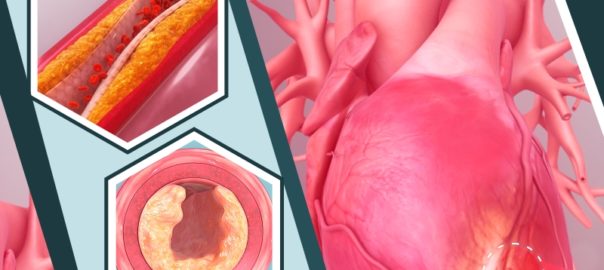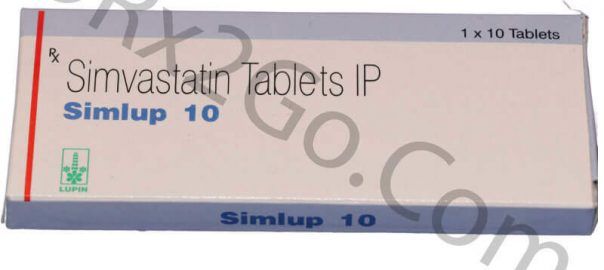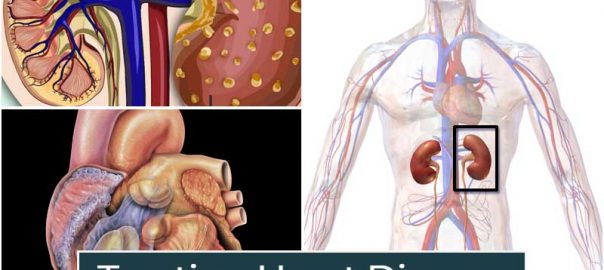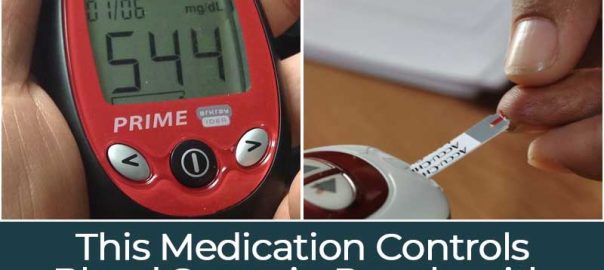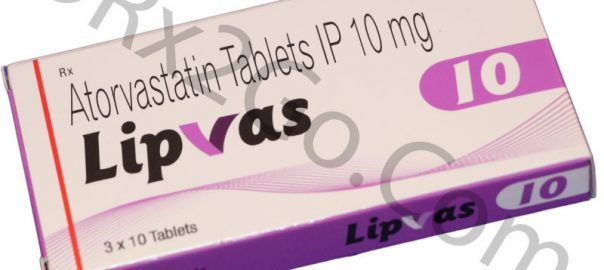There are several risk factors for heart disease and each one has its symptoms and treatment. Heart disease describes a range of conditions that affect your heart including a disease of the heart muscle and blood vessel diseases such as coronary artery disease. Heart disease may also include heart rhythm and congenital heart defects. Several forms of heart disease can be prevented and treated with healthy lifestyle choices.

Symptoms of Heart Disease
- Chest tightness or discomfort
- Pain in the throat, neck, or jaw
- Dizziness
- Lightheadedness
- Racing heartbeat
- Fluttering in your chest
- Easily tiring during exercise or activity
- Shortness of breath
- Changes in your heart rhythm
- Fainting
Heart disease is easier to treat when detected early, so talk to your health care provider about your concerns regarding your heart health. This is especially important if you have a family history of heart disease.
Risk Factors of Heart Disease
- Age: As you age, you increase your risk of damaged and narrowed arteries and a weakened or thickened heart muscle.
- Stress: Unrelieved stress may damage your arteries and worsen other risk factors for heart disease.
- Sex: Men are mostly at greater risk of heart disease. Women are at risk after menopause.
- Family history: A family history of this disease increases your risk of coronary artery disease, especially if a parent developed it before age 55 for a male relative and 65 for a female relative.
- Smoking: Nicotine tightens your blood vessels, and carbon monoxide can damage their inner lining which makes them more susceptible to atherosclerosis.
- Poor diet: A diet that’s high in fat, cholesterol, salt, and sugar can contribute to the development of heart disease.
- Obesity: Excess weight typically worsens other heart disease risk factors.
- High blood pressure: Uncontrolled high blood pressure can result in hardening and thickening of your arteries which narrows the vessels through which blood flows.
- Diabetes: Diabetes increases your risk of heart disease. Both conditions share similar risk factors, such as obesity and high blood pressure.
- High blood cholesterol levels: High levels of cholesterol in your blood can increase the risk of plaque formation and atherosclerosis.
- Physical inactivity: Lack of exercise also is linked with several forms of heart disease and some of its other risk factors as well.
Treatment for Heart Disease
The type of treatment you receive depends on the type of heart disease you have. In general, treatment for heart disease usually includes:
- Lifestyle changes such as eating a low-fat and low-sodium diet, getting at least 30 minutes of moderate exercise on most days of the week, limiting alcohol intake, and quitting smoking
- Medications that may be prescribed by your doctor to control heart disease.
- Medical surgery or procedures if medications are not enough.
Medications that can be taken for heart disease may include:




